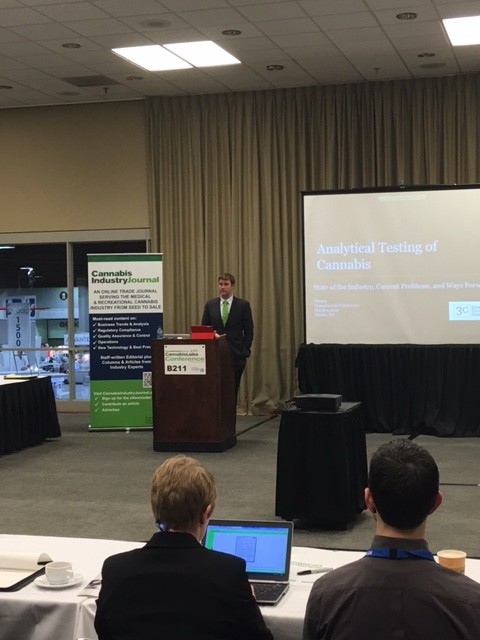The Colorado Department of Public Health and Environment (CDPHE) launched the Good to Know program in January of 2015, aimed at educating the public on consuming cannabis responsibly. The CDPHE developed a free kit for retailers that will be distributed this week, hoping to reinforce safe and responsible experiences with cannabis at the consumer level. Intended specifically for recreational cannabis retailers, the educational materials will be distributed at the point of sale.

According to the CDPHE, last year between April and August, Colorado saw a 28 percent increase in retail cannabis sales. In anticipation of a period of high demand this summer, the ‘Good to Know’ retailer kits are being distributed this week. According to Ali Maffey, CDPHE policy and communication unit supervisor, the state is mailing 100 kits to additional retailers ahead of cannabis-related events, such as April 20th, which are expected to bring an influx of tourists.
The takeaway information cards in the kits display frequently asked questions regarding edibles and secondhand smoke, as well as advice for appropriate legal usage of cannabis. “The educational materials can help guide bud tenders through a conversation with a consumer to prepare them for the effects of cannabis, dosage considerations, using caution with edibles, driving impairment and the risks of second hand smoke,” says Maffey. “Voters passed the legalization of cannabis, and as the state health department our role is to educate on the safe and responsible use of cannabis, while safeguarding public health.”
The continued efforts by the state for consumer education could highlight an important push for safety. “We have been talking with other states about what works in our messaging and they are all looking at public education campaigns as well,” says Maffey. In this respect, Colorado is leading the country in educating consumers on safe, responsible and legal cannabis use.























